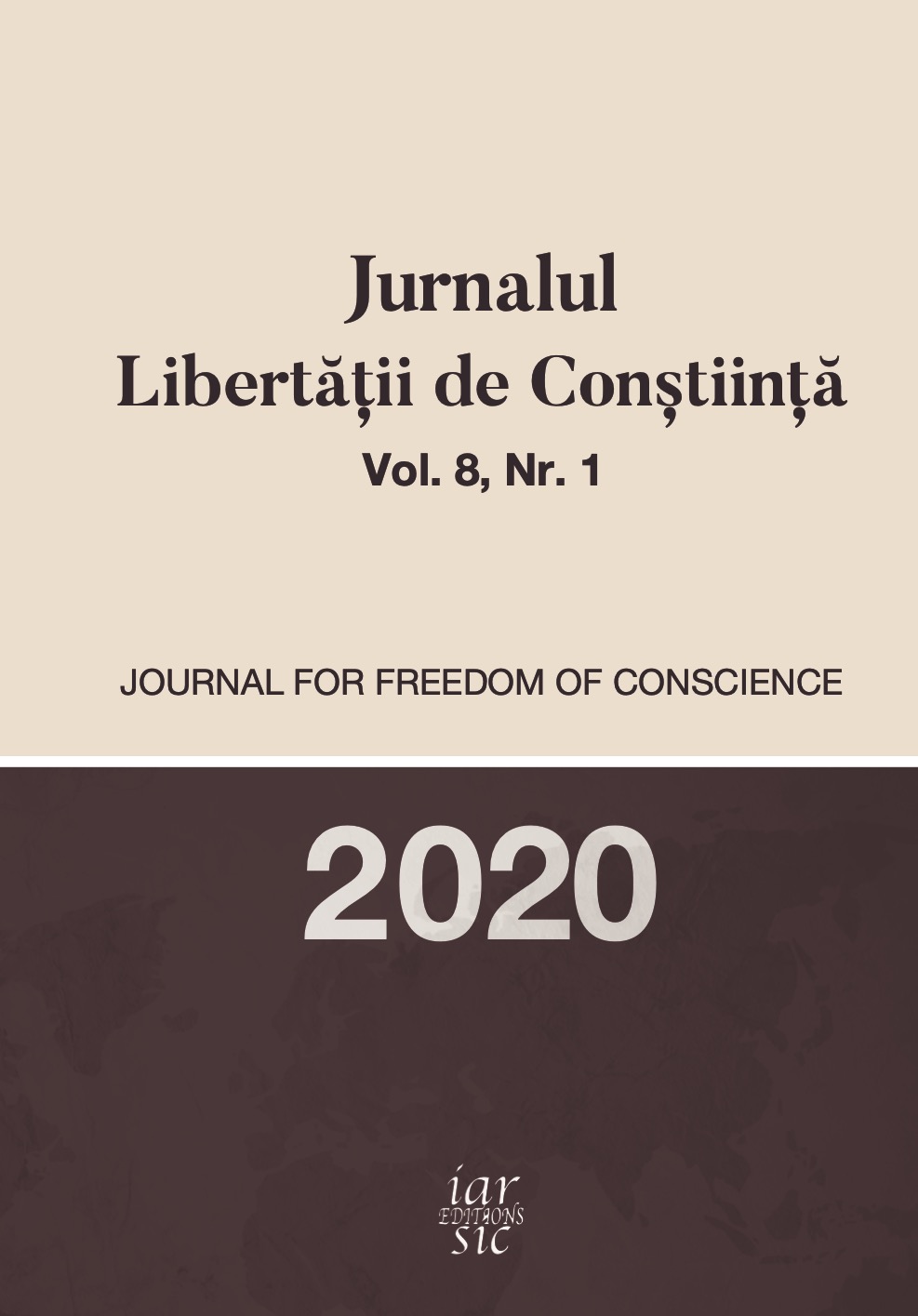IMPACT OF EDUCATION AND FREEDOM OF CONSCIENCE ON JUVENILE DELINQUENCY
IMPACT OF EDUCATION AND FREEDOM OF CONSCIENCE ON JUVENILE DELINQUENCY
Author(s): Monica Luminiţa AlexandruSubject(s): Social Sciences, Psychology, Social psychology and group interaction
Published by: Editions IARSIC
Keywords: juvenile delinquency; freedom of conscience; socialization; education; school;
Summary/Abstract: Children are entitled to freedom of conscience and a quality education, which aims to ensure equal opportunities, and develop their personality. The school is the strongest instance of socialization, being at the same time the gateway to the systematic acquisition and learning of desirable norms, values, and rules of conduct. But it is not the only instance of socialization:thefamily,informalgroupsofthesameage,thechurch,andmany voluntary organizations all play this role. An expanding social phenomenon, juvenile delinquency comes to highlight the generalized crisis in which the Romanian society finds itself in this period. In 2019, some 3,850 minors were sued, 146 more than in the previous year. The present study aimed to investigate whether there is a causal link between respecting the child’s right to freedom of conscience in school and juvenile delinquency, but also to demonstrate the causal link between schooling and delinquent behavior. The research method chosen was a qualitative one, namely case study. The documentation was made within the Prahova Probation Service. Following the analysis of the cases, it was not possible to prove the causal link between respecting the child’s right to freedom of conscience in school and juvenile delinquency. The case studies once again reveal the direct link between schooling and delinquent behavior. A low level of schooling favorably influences the chances for the minor person to adopt a delinquent behavior (a situation expressed in school dropout). On the other hand, a low degree of socialization but with a relatively high level of schooling also significantly influences the delinquent potential of the minor (in this case, the school exercises only its function of education, not that of socialization). In such a situation, there are teenagers who, although they finish high school classes and do not face major difficulties in the family environment or mental activity, choose an unexpected and inexplicable path for those around them: crime.
Journal: Jurnalul Libertății de Conștiință
- Issue Year: 8/2020
- Issue No: 1
- Page Range: 663-675
- Page Count: 13
- Language: English

